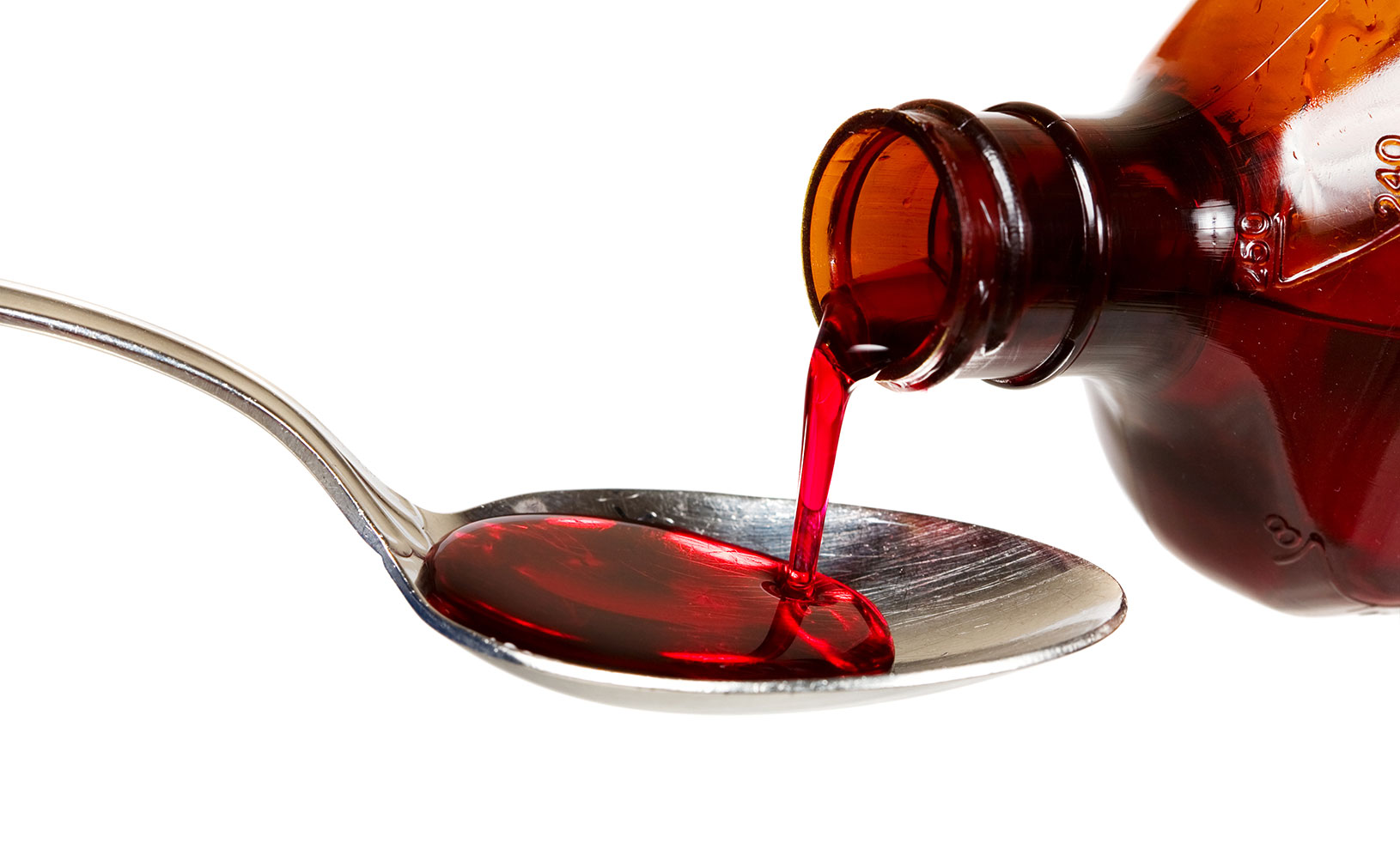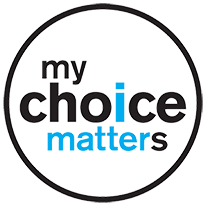KNOW THE FACTS
COUGH AND COLD MEDICINE (DXM AND CODEINE SYRUP)

Also known as: Robotripping, Robo, Tussin, Triple C, Dex, Skittles, Candy, Velvet, and Drank
Millions of Americans take cough and cold medicines each year to help with symptoms of colds, and when taken as instructed, these medicines can be safe and effective. However, several cough and cold medicines contain ingredients that are psychoactive (mind-altering) when taken in higher-than-recommended dosages, and some people misuse them. These products also contain other ingredients that can add to the risks. Many of these medicines are bought “over the counter” (OTC), meaning you do not need a prescription to have them.
Two commonly misused cough and cold medicines are:
- Cough syrups and capsules containing dextromethorphan (DXM). These OTC cough medicines are safe for stopping coughs during a cold if you take them as directed. Taking more than the recommended amount can produce euphoria (a relaxed pleasurable feeling) but also dissociative effects (like you are detached from your body).
- Promethazine-codeine cough syrup. These prescription medications contain an opioid drug called codeine, which stops coughs, but when taken in higher doses produces a "buzz" or "high."
Cough and cold medicines are usually sold in liquid syrup, capsule, or pill form. They may also come in a powder. Young people are often more likely to misuse cough and cold medicines containing DXM than some other drugs because these medicines can be purchased without a prescription.
When cough and cold medicines are taken as directed, they safely treat symptoms caused by colds and flu. But when taken in higher quantities or when such symptoms aren’t present, they may affect the brain in ways very similar to illegal drugs, and can even lead to addiction.
DXM acts on the same brain cell receptors as drugs like ketamine or PCP. A single high dose of DXM can cause hallucinations (imagined experiences that seem real). Ketamine and PCP are called "dissociative" drugs, which means they make you feel separated from your body or your environment, and they twist the way you think or feel about something or someone.
Codeine attaches to the same cell receptors as opioids like heroin. High doses of promethazine-codeine cough syrup can produce euphoria similar to that produced by other opioid drugs. Also, both codeine and promethazine depress activities in the central nervous system (brain and spinal cord), which produces calming effects.
Both codeine and DXM cause an increase in the amount of dopamine in the brain’s reward pathway. Extra amounts of dopamine increase the feeling of pleasure and at the same time cause important messages to get lost, causing a range of effects from lack of motivation to serious health problems. Repeatedly seeking to experience that feeling can lead to addiction.
DXM misuse can cause:
- loss of coordination
- numbness
- feeling sick to the stomach
- increased blood pressure
- faster heart beat
- in rare instances, lack of oxygen to the brain, creating lasting brain damage, when DXM is taken with decongestants
Promethazine-codeine cough syrup misuse can cause:
- slowed heart rate
- slowed breathing (high doses can lead to overdose and death)
Cough and cold medicines are even more dangerous when taken with alcohol or other drugs.

